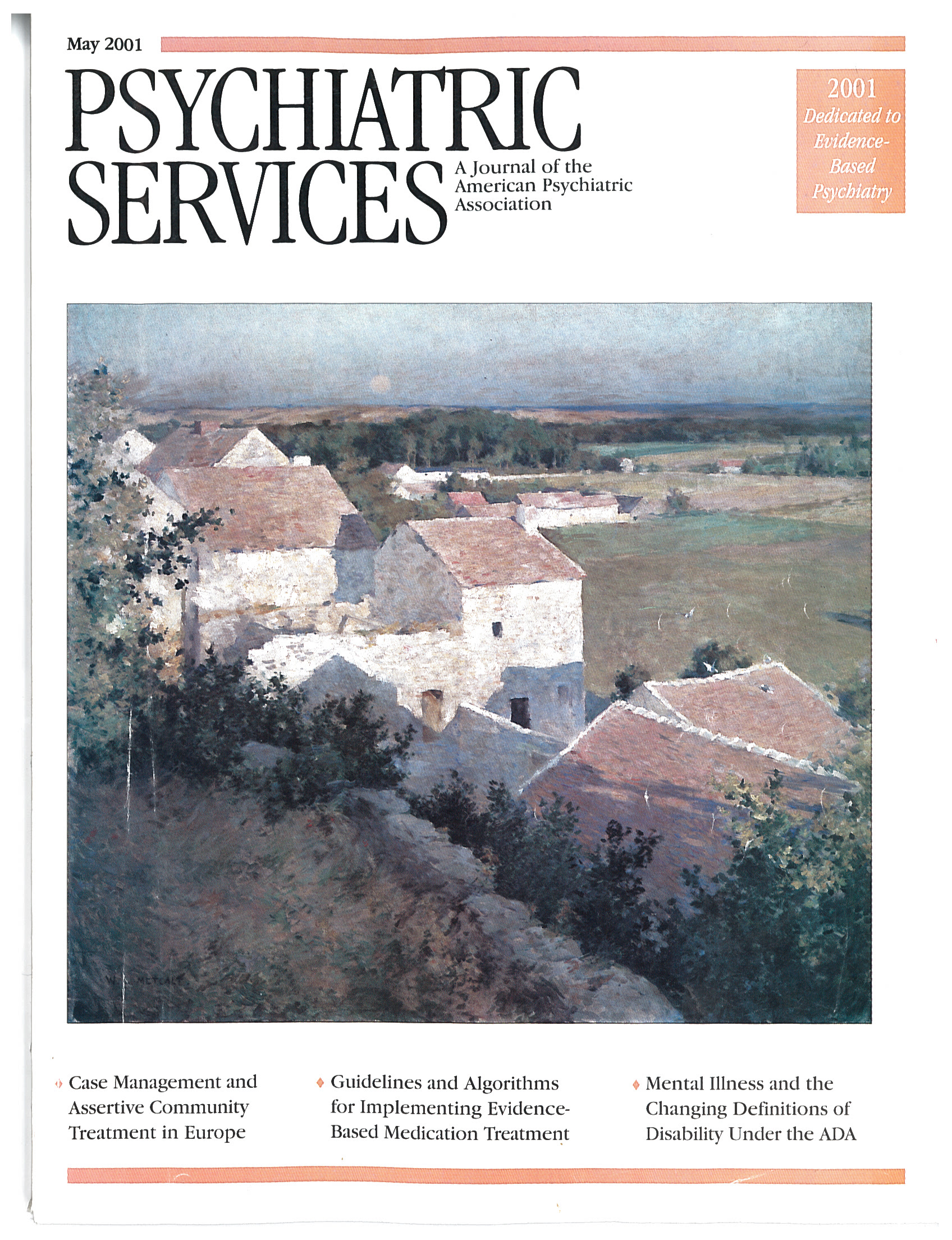Mental Illness and Changing Definitions of Disability Under the Americans With Disabilities Act
Abstract
The Americans With Disabilities Act (ADA) prohibits employment discrimination on the basis of disability. Originally, an assessment of whether a person had a disability and thus was protected by the ADA examined the person's impairment in its uncorrected state. Thus it was comparatively easy for people with mental illness to meet the threshold requirement for having a disability. However, in 1999 the U.S. Supreme Court issued three decisions holding that, for the purposes of the ADA, disability had to be assessed in its corrected state. Since those decisions were issued, the courts have increased the burden on individuals, including people with mental illness, to prove that they have a disability. In several cases, courts ruled that people with serious mental illnesses do not have a disability and are not protected by the ADA. This article discusses these cases and their implications for people with mental illness and for practitioners.



